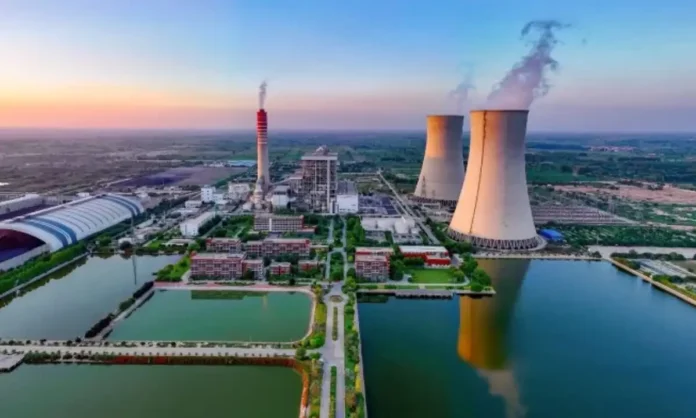ISLAMABAD: The 1,320-megawatt Sahiwal coal-fired power plant, operated by China’s Huaneng Shandong Ruyi (Pakistan) Energy (HSRL), has issued an urgent warning over a critical shortage of railway wagons needed to transport coal from Karachi ports to its site. The ongoing shortfall, the company says, could soon lead to a forced outage and potentially jeopardize national grid stability.
In a formal letter addressed to the Special Assistant to the Prime Minister, HSRL CEO Liu Zeng Rui highlighted a growing mismatch between the high power dispatch schedule set by the National Power Control Center (NPCC) and the insufficient coal transportation capacity of Pakistan Railways.
“If this situation continues, our onsite coal inventory may fall below 50,000 tons by mid-August, which would severely impact operations,” Liu cautioned.
Despite repeated requests and meetings, the daily average supply remains at just 540–590 wagons—roughly 2.5 trains per day—against a requirement of 1,000 wagons (five trains) to sustain current power generation levels.
🚨 Mounting Deficit and Port Backlog
Data shared by HSRL reveals a worsening trend:
May 2025: Demand: 6,200 wagons | Supplied: 3,019 | Deficit: 51.3%
June 2025: Demand: 5,800 | Supplied: 2,923 | Deficit: 49.6%
July 2025: Demand: 5,800 | Supplied: 3,001 | Deficit: 44.8%
Meanwhile, approximately 500,000 metric tons of coal are lying at Karachi ports, with four more vessels—carrying another 170,000 MT—scheduled to arrive in August. An additional 470,000 MT is planned for delivery between September and November.
“The backlog at ports continues to grow while inventory at the plant site shrinks, placing not only plant operations but also the national power grid at serious risk,” HSRL warned.
🛠 Rail Infrastructure Strained
The company also expressed concern over the rising number of damaged wagons (DVs) in Pakistan Railways’ fleet and declining availability of serviceable hopper wagons, as other commercial and power clients are also dependent on them.
HSRL urged the government to take immediate policy-level interventions, including:
Coordinating sufficient daily wagon allocation in line with dispatch demands
Temporarily reducing the plant’s grid load if transport issues persist
Avoiding penalties or capacity payment deductions if a shutdown occurs due to coal shortage
The company also requested that Pakistan Railways expedite repair and recommissioning of damaged wagons, and provide a written action plan on how they intend to improve wagon availability in the short and long term.
“We are committed to maintaining full-generation availability and are ready to coordinate closely with all stakeholders,” Liu concluded, calling for urgent cross-departmental action to prevent power disruptions.




